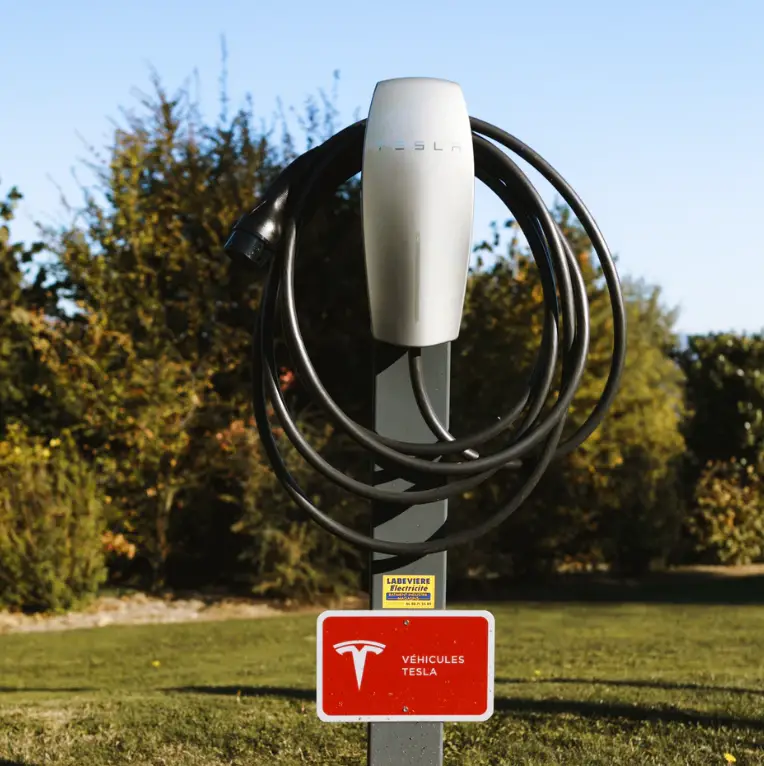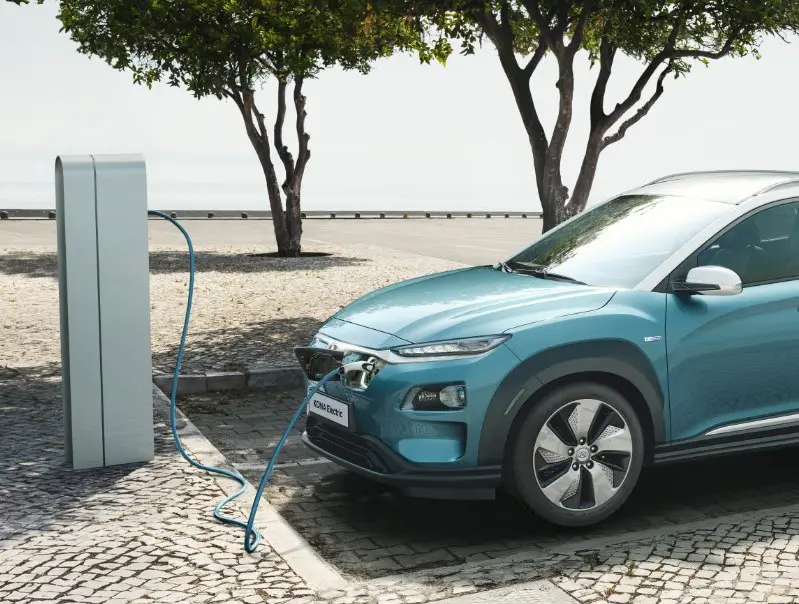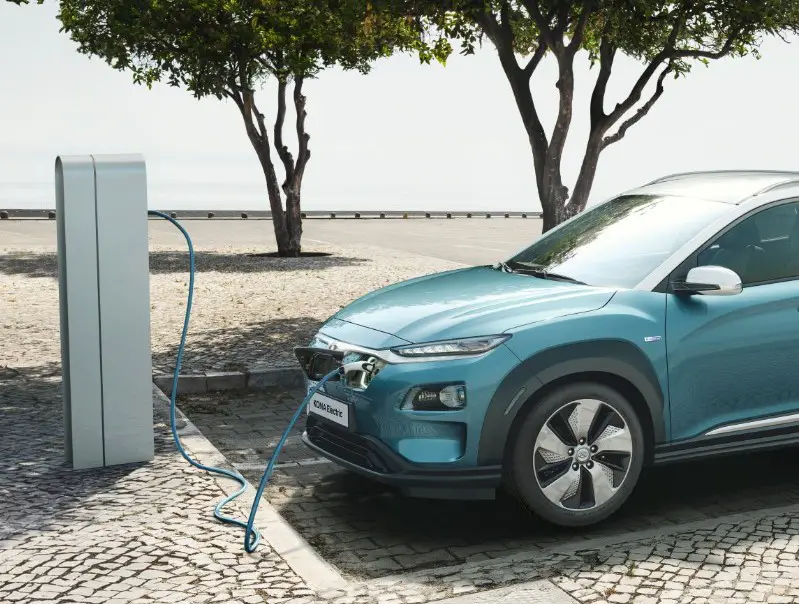There have been a flurry of press releases over recent months claiming significant increases in battery performance.
Now a team of researchers from the Korea Institute of Science and Technology have have joined the parade. They claim to have developed a new carbon-silicon material that could more than double the driving range of electric vehicles.
Contents
A five minute charge to 80% capacity!

That claim is similar to some other recently made claims including this one for lithium-sulfur batteries. But what is really stirring excitement is that this new technology can fast charge to more than 80 percent capacity in just five minutes. That’s less time than it takes you fill your current gas guzzler!
Silicon anodes the key
Most EVs use graphite anode batteries. These tend to provide shorter range compared to petrol and diesel engined alternatives. However, silicon anode batteries have ten times the capacity. But there’s a catch…silicon anode batteries are much worse at holding their capacity over time.
According to the research paper, the team, led by Hun-Gi Jung, came up with a way to keep these silicon anodes stable by using “a simple thermal process used for frying food,” which only requires the use of water, oil, and starch.
Impressive results – higher capacity and durability…
The team claims the new battery has four times the capacity of its graphite anode counterparts and yet remained stable over 500 cycles. Most importantly, the silicon didn’t expand which has been a common problem faced by other researchers.
[The batteries are] ” “highly likely to be commercialized and mass-produced.” Hun-Gi Jung – Korea Institute of Science and Technology
“We were able to develop carbon-silicon composite materials using common, everyday materials and simple mixing and thermal processes with no reactors,” Jung said in the statement, noting that their new composites perform so well, they’re “highly likely to be commercialized and mass-produced.”

If any country has proven to be adept at getting new technology to market, it’s South Korea. If this new carbon-silicon technology pans out, expect to see these being used within a couple of years.
Update 2020-03-04
Research into potassium batteries for grid storage is also continuing apace. Potassium is significantly cheaper than lithium because it is very common.
Researchers have generally shied away from potassium because the metal is highly reactive and dangerous to handle. Additionally, finding electrode materials to hold the much heftier potassium ions is difficult.
But potassium could catch up quickly, says Shinichi Komaba, who leads potassium-ion battery research at the Tokyo University of Science:
“Although potassium-battery development has just been going on for five years, I believe that it is already competitive with sodium-ion batteries and expect it to be comparable and superior to lithium-ion.”
You can find more information on potassium battery research here…
Are you planning on changing to an EV with your next vehicle?






